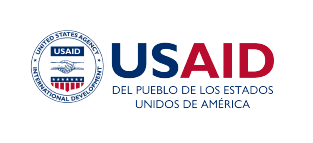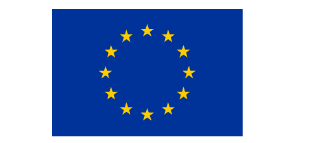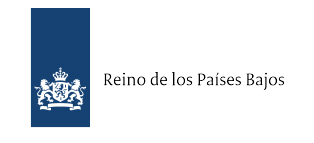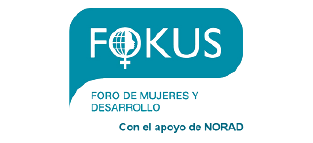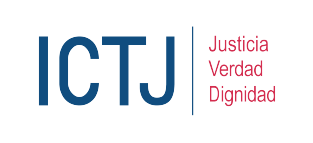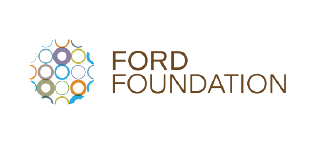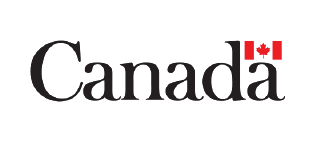Queering Women, Peace and Security

Lesbian, bisexual, trans and queer women haven’t been properly included in peacebuilding processes around the world. Although civil society has pushed for the implementation of the Women, Peace and Security agenda, it hasn’t always taken into account the particular ways in which gender and sexuality rules have created or deepened certain risks for LBTQ women, causing their security needs to go unseen and unaddressed.
It has been thanks to the alliance work of LGBTIQ+ organizations with feminist organizations that we have progressively included this perspective. However, even though we have found a genuine interest in including these intersectional perspectives, in many cases the institutions and civil society concerned don’t know where to start or how to do it.
That is why the research project “Queering Women, Peace and Security Agenda” -research funded by the British Academy, led by Dr. Jamie Hagen, Dr. Anupama Ranawana, Colombia
Diversa and Christian Aid Colombia-, seeks to analyze how the participation of LBTQ women can be improved in peacebuilding processes and, specifically, in the formulation of national action plans for the implementation of the WPS agenda.
In Colombia, this project is taking place during a key political moment: we don't need to convince the government that LGBTIQ+ lives matter and shouldn’t be stigmatized. With the new government (in particular with Vice President Francia Marquez, and Vice Minister of Multilateral Affairs of the Ministry of Foreign Affairs Laura Gil) there seems to be an opportunity to truly guarantee the participation of LBTQ women in the construction of the first National Action Plan for the implementation of Resolution 1325 in Colombia.
Now we move on to the whats and hows.
What does security mean for LBTQ women?
What do the specific risks faced by LBTQ women look like?
What does prevention, protection, participation, relief and recovery look like for LBTQ women?
How should a participation look like in order to include LBTQ women?
How to incorporate an intersectional approach on the impacts and needs of LBTQ women?
How to articulate the work advanced in the WPS agenda of feminist organizations with the specific agenda of LBTQ women?
How to articulate the advances in the inclusion of LBTQ women in the WPS agenda with the peacebuilding work of LGBTIQ+ social movements?
To answer these whats and hows we must engage in long-term conversations between civil society organizations and institutions. In October 12, we met with LBTQ local peacebuilders and feminist leaders who have been working (nationally and internationally) to promote the Women, Peace and Security agenda. This workshop was an enriching space in which we reflected on these whats and hows together from different perspectives. From this space emerged key aspects to advance the inclusion of LBTQ women in this agenda. The need to question, consolidate and position the concept of mariconear as an adaptation of the term queering to the Colombian context stands out, next to a realistic definition of “security” and the importance to continue doing intersectional work from these social movements.
These questions will attempt to be answered in a toolkit that aims to provide practical inputs for the relevant stakeholders to make LGBTQ women’s inclusion happen. We hope that this workshop has been the beginning of an ongoing conversation with institutions and feminist organizations involved in the implementation of this agenda.



